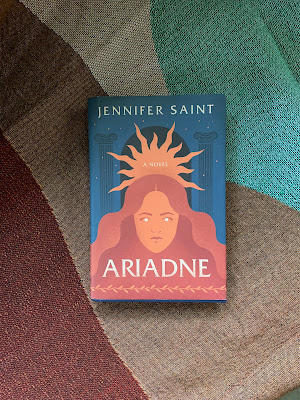In Cold Blood
by Truman Capote
Perhaps it's the narrative, which I found matter-of-fact and journalistic in its approach. Perhaps it's because I already know what the book is all about anyway, and that it's just a matter of
Or perhaps it's the fact that I read, examine evidence, and research about gruesome killings and merciless crime every single day of my working life that my eyes simply gloss over the pages when I try to read a bit of it some more - and supposedly for pleasure.
In Cold Blood is the true-to-life account of the Clutter Family massacre back in the 1950s, and how their killers were traced, captured, put on death row and eventually, hanged. An innocent family of four - Herb and Bonnie, and their teenage kids Nancy and Kenyon - were shot in the head, all at close range, by Dick Hickok and Perry Smith in the peace and quiet of their own home in Holcomb, Kansas, nearing midnight of November 15, 1959 - all because Hickok couldn't find a safe that was supposed to be there, on good authority, and which was supposedly full of money. Because of a botched robbery, therefore, the Clutter family was murdered - in cold blood.
Truman Capote, who took great interest in the story enough to write about it and who went the extra mile for the research, is a decent writer. But, as is the case with non-fiction, a talented writer such as Capote can only do so much. Huge chunks of the novel were mere quoted interviews from key figures from the incident, such as the investigators and detectives assigned to the case, members of the small Kansas community to which the Clutter family belonged, and of course, the accused themselves, more particularly Perry Smith. Speculations as to the "real score" between Capote and Smith surfaced among the members of the book club with whom I read this book simultaneously, and I am inclined to believe, based on my reading of the book, that it has a color of truth to it. But I won't go into that now.
The book, in my opinion, will always be an interesting fare to those who don't get to deal with this kind of incident in their daily lives. It will always spark debates on the propriety of imposing the capital punishment - on this note, I would like to mention that in the Philippines, the death penalty has been suspended by the enactment of Republic Act 9346. It is for these reasons that In Cold Blood will always be a relevant book, replete with its themes on justice, capital punishment, appreciation for life, family values and how they (or the lack thereof) help shape a person's life philosophy. It is also for these reasons that I appreciate this novel.
And perhaps, it's for all the reasons I enumerated above, that I didn't.
Rating: ★★★
Thanks, Lynai, for the mobi copy! :)



Comments
Your post reminds me of one of the things my best friend said. She's a serious journalist who writes about politics, crime, etc., and she told me she disliked reading serious books and watching documentaries for fun because it's already what she does every single day.
Thanks for dropping by! Sad that I won't be able to catch you at the discussion on Sunday, though. :(